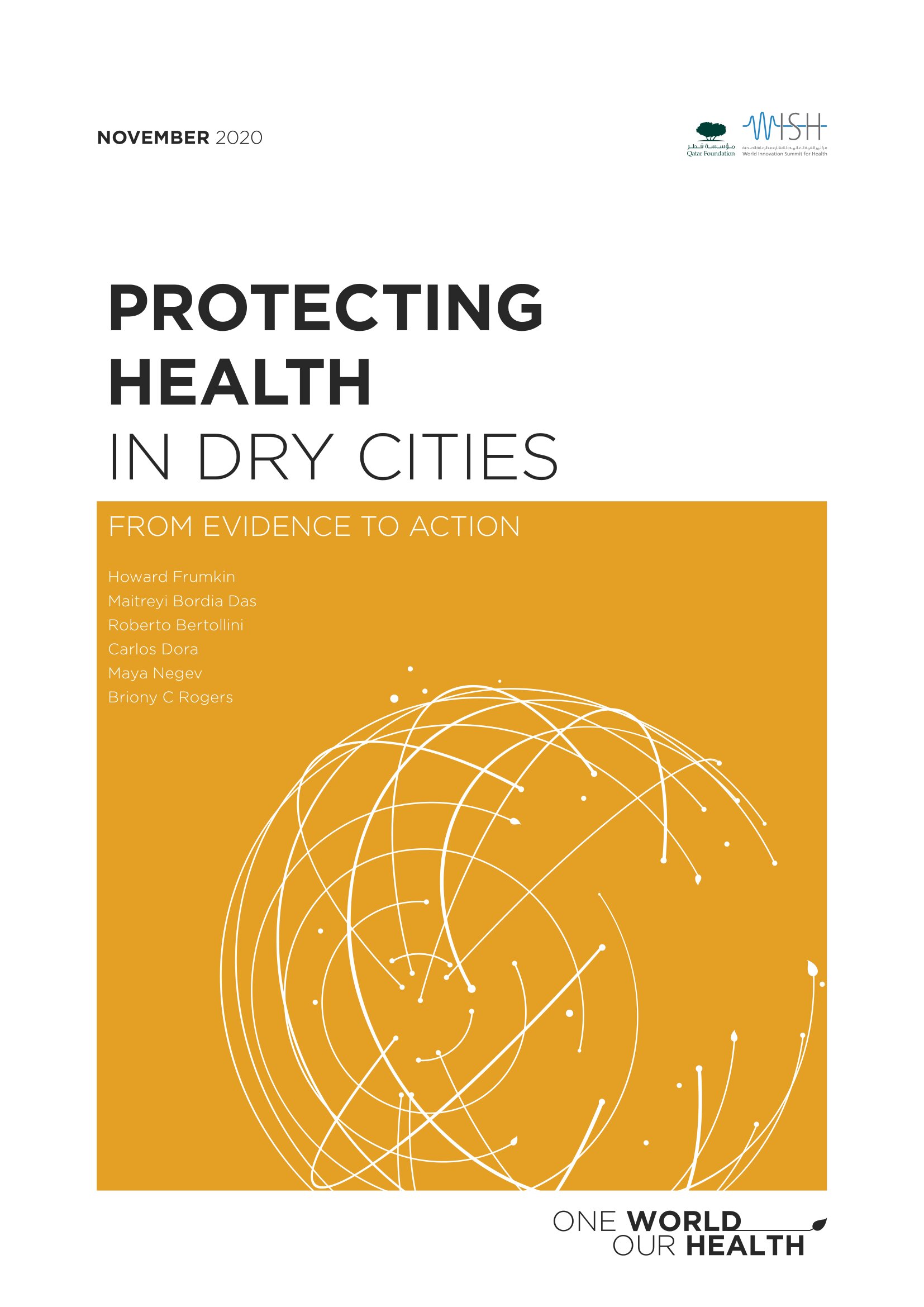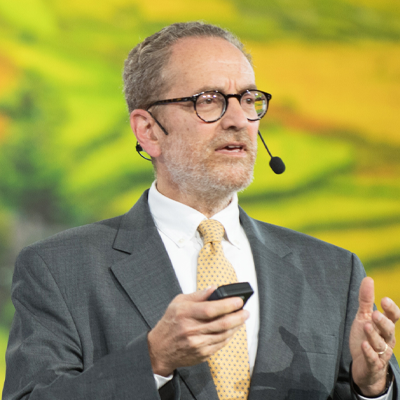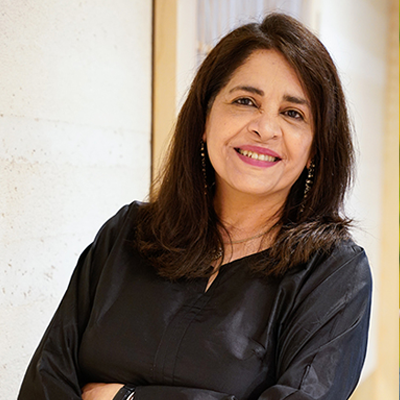Prof. Howard Frumkin
Howard Frumkin, a physician and epidemiologist, is Professor Emeritus of Environmental and Occupational Health Sciences at the University of Washington. Previously he was head of the Our Planet, Our Health initiative at the Wellcome Trust (2018-19), Dean of the University of Washington School of Public Health (2010-16), Director of the National Center for Environmental Health at the U.S. Centers for Disease Control and Prevention (2005-10), and Professor and Chair of Environmental and Occupational Health at Emory University (1990-2005). His research interests include health aspects of the built environment, climate change, energy policy, nature contact, and sustainability. His community and professional activities have included serving on numerous National Academy of Sciences committees, on the Boards of the Bullitt Foundation, the Seattle Parks Foundation, the Washington State Academy of Sciences, the U.S. Green Building Council, Physicians for Social Responsibility, the Association of Occupational and Environmental Clinics, the American Public Health Association, and the National Environmental Education Foundation, on advisory committees to the Global Consortium on Climate and Health Education (Columbia University), the Harvard Center on Climate, Health, and the Global Environment, the Yale Center on Climate Change and Health, and the Medical Society Consortium on Climate & Health (George Mason University), on the Steering Committee of the Planetary Health Alliance (Harvard University), on the National Toxicology Program Board of Scientific Counselors, and on the American Institute of Architects Design and Health Leadership Group. He is the author or co-author of over 250 scientific journal articles and chapters, and his nine books include Making Healthy Places: Designing and Building for Health, Well-Being, and Sustainability (Island Press, 2011), Environmental Health: From Global to Local (Jossey-Bass, 3rd Edition 2016), and Planetary Health: Protecting Nature to Protect Ourselves (Island Press, 2020). He was educated at Brown (A.B.), the University of Pennsylvania (M.D.), and Harvard (M.P.H. and Dr.P.H.). He is an avid cyclist, paddler, and hiker. He is married to global health journalist Joanne Silberner, and has two children, Gabe, an attorney, and Amara, a physician.



